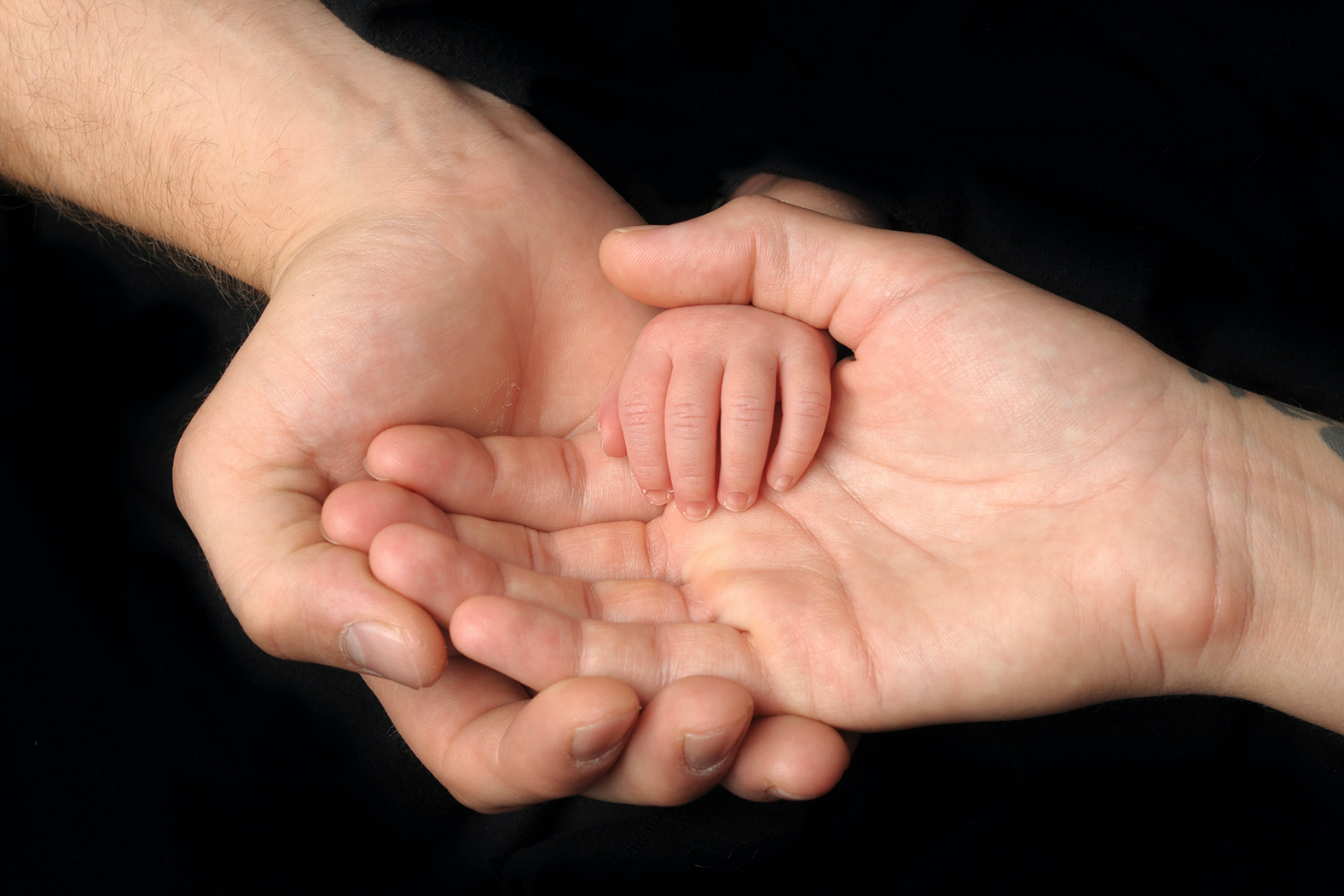I’ve been pondering over the struggles of my generation in articulating the value of marriage and family.
For starters, it was recently reported that Singapore’s total fertility rate has hit another historic low.
While the solution to this issue seems obvious (we need more babies), it has led me to find out more about the perspectives of young adults on this topic.
A recent national study found that while married couples in Singapore desire to have two or more kids, many actually had fewer than two.
The top reason? Financial cost.
The next two most common reasons were “raising children in Singapore is too stressful” and “difficult to manage work and family demands”.
As a young working adult and newlywed, I relate to these practical issues.
If life is stressful enough as it is, why add more stress? And why bring children into this anxiety-ridden world?
Such a “high cost” of having children appears to outweigh the “value” of children, which seems to be already on the decline.
Why is it still worth having children despite all the additional stress, financial worries and sleepless nights that come with it?
Because of the environment I grew up in, I’ve always thought that having children was the natural next step after marriage.
Despite the challenges mentioned above, my wife and I would still like to have children sometime in the future, though we still disagree on the ideal number of children we would like.
What I find myself struggling to articulate, however, is why.
Why is it still worth having children despite all the additional stress, financial worries and sleepless nights that come with it?
I get stuck whenever this conversation comes up in my social circles.
My response is usually just something like, “It’s something we (my wife and I) both agree on” and “we like children”.
Then, I’ll be more than happy to let someone else share their opinion, or try to shift the conversation away to another topic or to someone else.
More often than not, I walk away feeling dissatisfied with my own response, as well as my inability and hesitance to push the conversation a little deeper.
It feels like I’ve missed the opportunity to get to the heart of these matters.
The tough questions
This same struggle applies to related topics on marriage, dating, sex, and family too:
- “If there is no more love in a marriage, what’s wrong with getting a divorce?”
- “Actually, why get married at all when you can cohabit?”
- “Is it wrong to prioritise myself when I date someone?”
- “If my date and I both give consent, what’s wrong with having sex before marriage?”
- “If family relationships are so tough, why bother trying at all?”
Whenever I am asked for my views on such questions, my first reaction is always “uhhh”.
Talking about the value of family relationships, marriage, sex, children and dating can feel so intimidating.
Intellectually, I know they are important issues because of my Christian upbringing, but I find myself shying away from engaging deeper, especially when there are differing viewpoints and beliefs amongst my peers.
Whenever strong views are shared on these issues on social media, my natural reaction would be to freeze, disengage and look for more light-hearted content.
While this solves my momentary discomfort, it does nothing for me the next time I find myself in such a situation again.
How then, can I be an informed and effective Christian in my community?
Understand the times
As a believer, it is important for us to understand our current climate (1 Chronicles 12:32, Luke 12:54-56, Romans 13:11-14) so that we don’t miss out on what is happening in society, and what God is drawing our attention to.
While this may sound like a tall order, we can begin by opening our eyes and ears to the content on mainstream and social media and allowing the Holy Spirit to direct our attention (versus mindlessly scrolling through posts, reels and videos).
This has allowed me to be more aware of the significant trends and conversations happening nationally or in the social media space and inspires me to read more widely.
Be grounded and informed
Big social issues can be intimidating when we feel like we do not know enough.
The first thing we can do as Bible-believing Christians is to find out what God says about these topics through his Word and ask Him for insights through prayer (Ephesians 6:18).
We should not be afraid to find out more about differing viewpoints even though this might sound scary or challenging for some (me included!).
This gives us the opportunity to better understand the heart of the people articulating these differing viewpoints.
Only then, will we be able to pitch our ideas at the right level.
Learn to engage wisely
While the engagement itself can be intimidating, I’ve learnt to not shy away from these conversations and to be unafraid to ask questions!
Simple and genuine questions like “What made you feel this way?” or “Would you be open to share some of your personal experiences that have you led to this conclusion?” show that we are open to hearing others out and help create a safe and respectful space.
It is also fine if we have yet to fully develop our own views on the particular topic or do not feel ready enough to respond.
We could simply say: “Thank you for sharing your perspective. I’d love to pick up this conversation again after I’ve had the opportunity to read up more about this.”
Showing that we are open to converse by listening attentively can make a world of difference for the other person.
An opportunity for you
If you’re interested in exploring tough questions relating to the value of family, marriage, relationships and would like to be equipped with practical tools for handling conversations, I would
like to invite you to join me at The 1825 Collective.
Into its third iteration this year, this immersive and community-friendly programme equips those aged 18-25 years old to explore cultural trends and issues about family and engage with like-minded peers in a safe space.
Impact stories
I had the opportunity to speak to two young adults, Samuel and Jasmine, about their experiences at The 1825 Collective.
Both were participants in the programme’s first run in 2021 and came back again as group mentors in last year’s edition.
When asked what his key takeaways were, Samuel shared, “What left a deep impression on me were the discussions and activities on marriage. I have always struggled to understand the buy-in for
marriage.
“There was an exercise that discussed the pros and cons of marriage, which expanded my perspective on marriages, and I was able to discover the value of marriages, even in nation-building.
“I began to understand how marriage led to the well-being of children, and how it played a role in stabilising society and the nation.”
For Jasmine, it was the importance of having hope for families. She said, “Many times we are confronted with the challenges that families face, and often forget the importance of strong families.
“That might make us lose hope and give up on families, but having hope is important because family is worth believing in and championing for.”
On what they enjoyed most about the programme, both agreed that the community and people they met were encouraging and inspiring to them.
Jasmine added, “Connecting with them has also helped me to discover new ways that I can start championing for family in the public sphere like heart.th, my group project from The 1825 Collective in 2021, which has bloomed into something bigger!”

Lastly, I asked them why young people should sign up for this.
Samuel said, “Society and social media portrays a popular narrative, and as beautiful and perfect as it can sound, it leaves out many key details. We need to develop a holistic understanding of issues relating to family, marriage and sexuality for ourselves.”
Jasmine shared, “The 1825 Collective offers a great platform for our generation to go deeper together in understanding the importance of family on different levels – individual, community and
society.
“The togetherness I experienced was especially special to me, because it has made the journey of championing for family a far less lonely journey.”
Whether we are in it to hear more from others or desire to be equipped for ourselves, I am hopeful The 1825 Experience will equip us to be informed and effective believers who can also be confident, loving and authentic when approaching tough conversations.
If you would like to experience The 1825 Collective for yourself, find out more here and register for the session taking place on Thursday, 3 August 2023. Hurry before registration closes 24 July!









